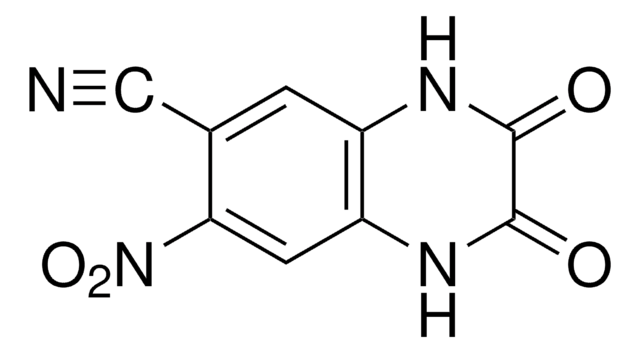261017
Mercury
≥99.99% trace metals basis
About This Item
Productos recomendados
vapor density
7 (vs air)
vapor pressure
<0.01 mmHg ( 20 °C)
1 mmHg ( 126 °C)
assay
≥99.99% trace metals basis
form
liquid
resistivity
95.8 μΩ-cm, 20°C
bp
356.6 °C (lit.)
356.6 °C
mp
−38.87 °C (lit.)
SMILES string
[Hg]
InChI
1S/Hg
InChI key
QSHDDOUJBYECFT-UHFFFAOYSA-N
¿Está buscando productos similares? Visita Guía de comparación de productos
General description
signalword
Danger
hcodes
Hazard Classifications
Acute Tox. 2 Inhalation - Aquatic Acute 1 - Aquatic Chronic 1 - Repr. 1B - STOT RE 1
Storage Class
6.1A - Combustible acute toxic Cat. 1 and 2 / very toxic hazardous materials
wgk_germany
WGK 3
flash_point_f
Not applicable
flash_point_c
Not applicable
Elija entre una de las versiones más recientes:
¿Ya tiene este producto?
Encuentre la documentación para los productos que ha comprado recientemente en la Biblioteca de documentos.
Nuestro equipo de científicos tiene experiencia en todas las áreas de investigación: Ciencias de la vida, Ciencia de los materiales, Síntesis química, Cromatografía, Analítica y muchas otras.
Póngase en contacto con el Servicio técnico










